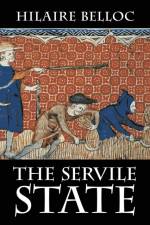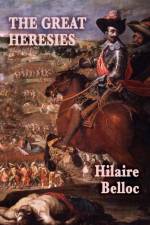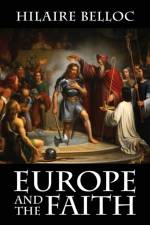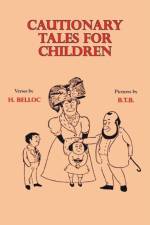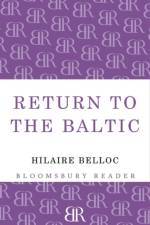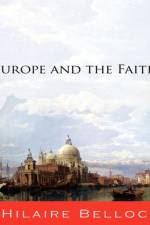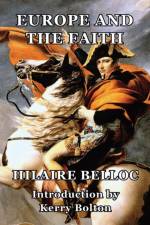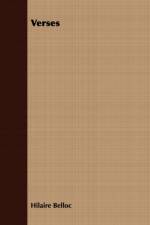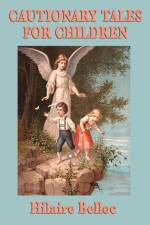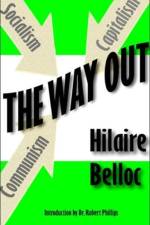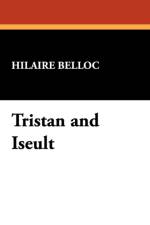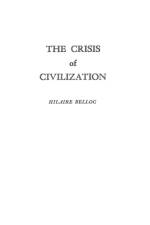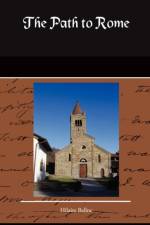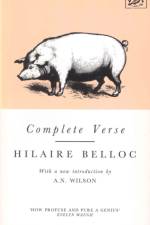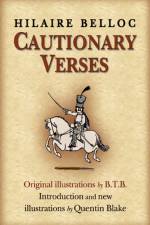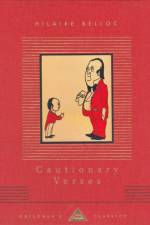av Hilaire Belloc
197
Hilaire Belloc's Europe and the Faith will be of interest to all those - Catholic and non-Catholic equally - who value the contributions of European Civilisation and see possibilities in a United Europe beyond the trade agreements, red tape and political bureaucracy of the present EU. Belloc, the famous poet, essayist, novelist and historian, here shows the organic unity upon which Europe was built over the course of centuries, her rise, flourishing, subversion and decline into petty-statism, capitalism and tyranny. He looks beyond the persistent anti-Catholic propaganda and shows that Catholic Europe was the high point of European Civilisation where even the humblest of people lived well. Belloc shows that tyranny, greed, exploitation and disunity were ushered by the Reformation, heralding the capitalism and plutocracy that continue to enslave the world.Kerry Bolton's 'Introduction' reviews Belloc's major points, drawing from the famous social commentator William Cobbett, who showed that even the humblest classes of Medieval Europe lived far better than their counterparts centuries later. Bolton shows further that the present conception of European Union is a counterfeit and a fraud, planned and implemented by the Church's traditional enemy, Freemasonry, whose aim is not a Europe of faith but a secular Europe as a prelude to a 'Universal Republic', as shown by Masonic boasts.Also traced is the meaning of 'Europe', its birth as a spiritual concept, and the way the peoples of the Occident prior to the Reformation had a common identity, ethics, and notion of what it was to be 'European'.

